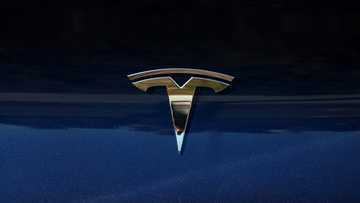EU approves 900-mn-euro German aid for battery plant

Source: AFP
The EU approved Monday a 900-million-euro German state subsidy for electric vehicle battery firm Northvolt to build a plant in Germany that might have otherwise been lured to the United States.
EU competition chief Margrethe Vestager said the aid, equivalent to $985 million, is the first granted under a system set up last year to counter the massive subsidies on offer under Washington's Inflation Reduction Act.
"It is Germany who matches the aid that Northvolt would otherwise have been given due to the Inflation Reduction Act in the US," Vestager said.
Vestager said that if no state aid had been offered in the European Union then Northvolt's investment would gone across the Atlantic.
"Either we could do nothing....or we can enable that a member state can match the aid in order for the investment to take place here," she said.
Germany's Deputy Chancellor Robert Habeck dismissed concerns that his country's economic might mean other EU countries could not compete and said the main competition was between Europe and other world powers.
PAY ATTENTION: Click “See First” under the “Following” tab to see YEN.com.gh News on your News Feed!
"Imagine we would be completely dependent in forms of renewable energy on the production of China or the US," he said on a visit to Brussels.
"That is a threat for the future. So the investments we're talking about are investments in our economic security."
The EU has been scrambling to stop investment in key green technologies from going to the United States as the IRA funnels some $370 billion into subsidies, including tax breaks for US-made electric vehicles and batteries.
The EU adopted a text last year allowing its member states to match subsidies on offer from other countries if it will stop firms working on green technologies turning away from Europe.
The factory to be built in Germany's northern Schleswig-Holstein region will be the first constructed by Sweden's Northvolt outside its home country.
The project -- which aims to have a capacity to produce batteries for around one million electric vehicles a year -- should reach full capacity in 2029.
New feature: Сheck out news that is picked for YOU ➡️ click on “Recommended for you” and enjoy!
Source: AFP



